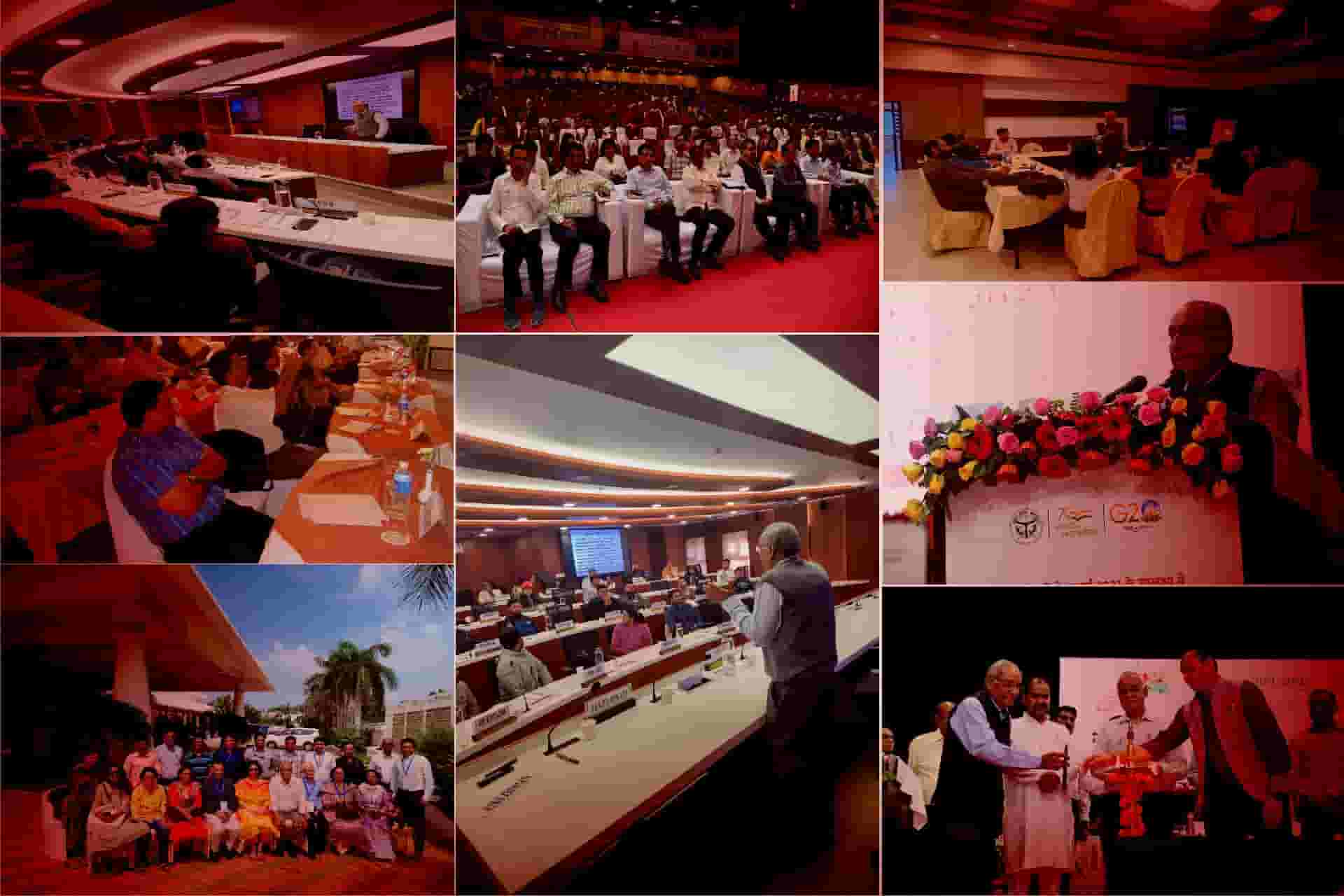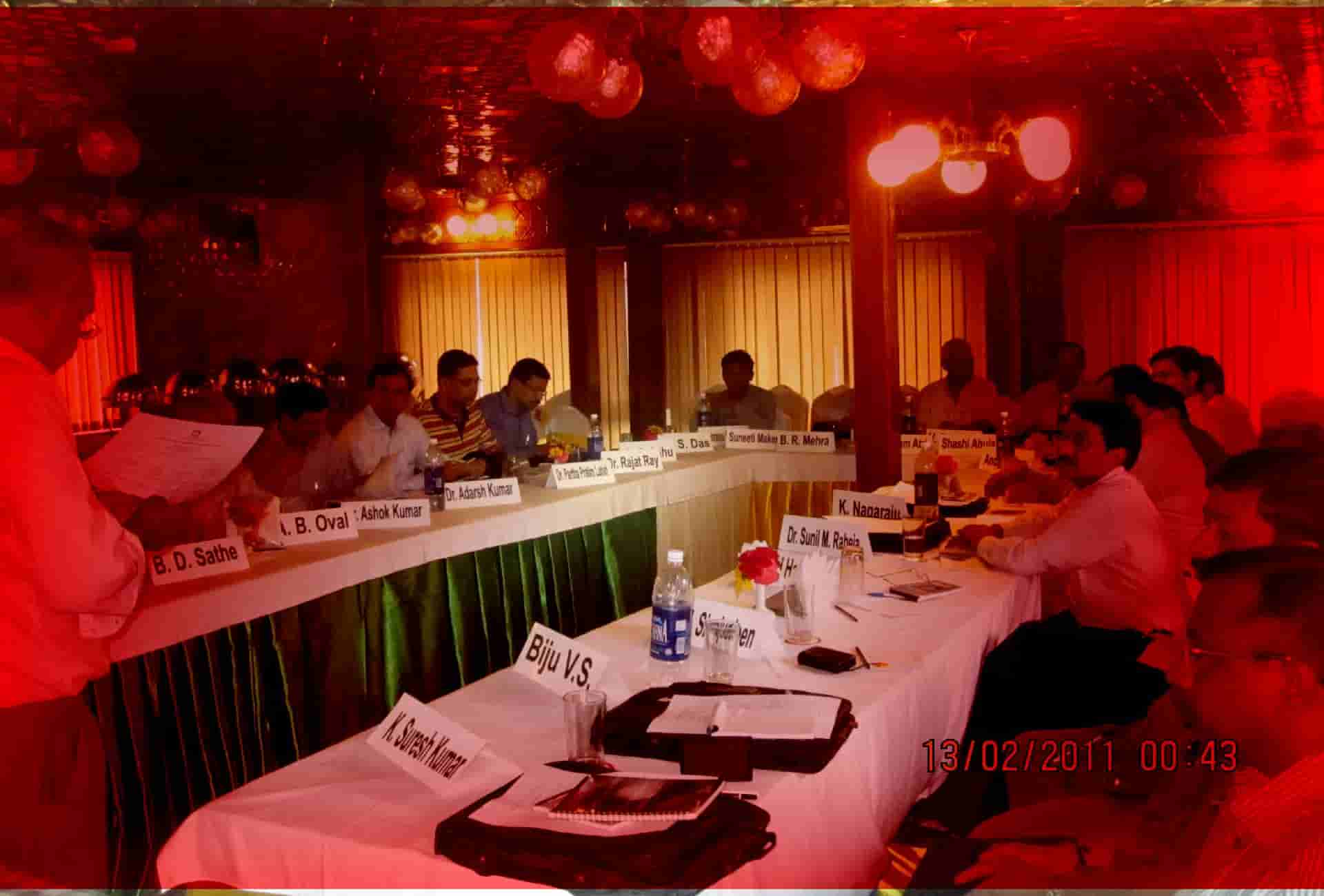Conferences are large-scale events that bring together professionals, experts, academics, and enthusiasts from a particular field or industry to share knowledge, present research, and discuss trends and innovations. They typically include keynote speeches, panel discussions, workshops, and networking sessions. Here are the key benefits of participating in or organizing conferences:

Benefits of Conference
Benefits of Conference
- Knowledge and Learning:
- Expert Insights: Access to presentations and talks by industry leaders, experts, and innovators.
- Latest Trends: Exposure to the latest research, developments, and trends in their field.
- Professional Development:
- Skill Enhancement: Workshops and interactive sessions that develop new skills and competencies.
- Career Advancement: Gaining knowledge and visibility that can lead to career growth and new opportunities.
- Networking Opportunities:
- Connections: Opportunities to meet and network with peers, experts, and potential collaborators.
- Mentorship: Finding mentors or becoming a mentor to others in the field.
- Inspiration and Motivation:
- New Ideas: Exposure to diverse perspectives and innovative ideas that can inspire new thinking.
- Renewed Enthusiasm: Engagement with passionate and knowledgeable individuals can reignite interest and motivation in their work.
- Recognition and Visibility:
- Presenting Research: Opportunities to present research findings or projects, gaining recognition from peers and industry leaders.
- Awards and Honors: Potential to win awards or honors for outstanding contributions to the field.
Benefits to Organizations:
- Brand Visibility and Reputation:
- Market Presence: Enhanced visibility and reputation by sponsoring, exhibiting, or presenting at conferences.
- Thought Leadership: Positioning the organization as a leader in the industry through keynote speeches and presentations.
- Business Development:
- Lead Generation: Opportunities to generate leads and build relationships with potential clients, partners, and investors.
- Market Intelligence: Gaining insights into market trends, customer needs, and competitive strategies.
- Employee Development:
- Training and Development: Providing employees with learning opportunities to improve their skills and knowledge.
- Motivation and Retention: Investing in employee development can lead to higher job satisfaction and retention.
- Innovation and Collaboration:
- Collaborative Projects: Opportunities to initiate or join collaborative research and development projects.
- Innovation: Exposure to new ideas and technologies that can drive innovation within the organization.
Benefits to Educational Institutions:
- Academic Excellence:
- Research Dissemination: Platforms for faculty and students to present and publish their research findings.
- Collaboration: Opportunities for academic collaboration and partnership with other institutions and industry.
- Student Learning:
- Educational Opportunities: Students can gain valuable insights and knowledge by attending or volunteering at conferences.
- Networking: Students can network with professionals and academics, opening up opportunities for internships, jobs, and further education.
- Faculty Development:
- Professional Growth: Faculty members can enhance their knowledge, skills, and professional networks.
- Reputation: Increased visibility and recognition for the institution through faculty presentations and publications.
Overall Benefits:
- Community Building:
- Shared Learning: Conferences create a sense of community among participants, fostering shared learning and mutual support.
- Engagement: Active participation promotes engagement and a sense of belonging within the professional or academic community.
- Knowledge Dissemination:
- Information Sharing: Conferences are effective platforms for disseminating new research, findings, and advancements to a wider audience.
- Public Awareness: Raising awareness on important topics and issues through high-profile conferences.
- Lifelong Learning:
- Continuous Education: Supporting the concept of lifelong learning by providing continuous education opportunities for professionals at all stages of their careers.
- Adaptability: Helping individuals and organizations adapt to changes and stay relevant in their fields.
- Intellectual Stimulation:
- Challenging Ideas: Conferences challenge participants to think critically, question assumptions, and explore new concepts.
- Debate and Discussion: Providing a forum for healthy debate and discussion, leading to deeper understanding and innovation.
Economic and Social Benefits:
- Economic Impact:
- Local Economy: Conferences can boost the local economy by attracting attendees who spend on accommodation, food, transportation, and other services.
- Job Creation: Generating employment opportunities in the hospitality and event management sectors.
- Cultural Exchange:
- Global Interaction: Bringing together participants from diverse backgrounds and cultures, promoting cross-cultural understanding and collaboration.
- Diversity: Exposure to different viewpoints and practices that enrich the overall conference experience.
In summary, conferences offer substantial benefits by enhancing knowledge, skills, and networking opportunities for participants. Organizations gain from increased visibility, business development, employee development, and innovation. Educational institutions benefit from academic excellence, research dissemination, and student learning opportunities. Overall, conferences foster community building, knowledge dissemination, lifelong learning, intellectual stimulation, and have significant economic and social impacts.




























